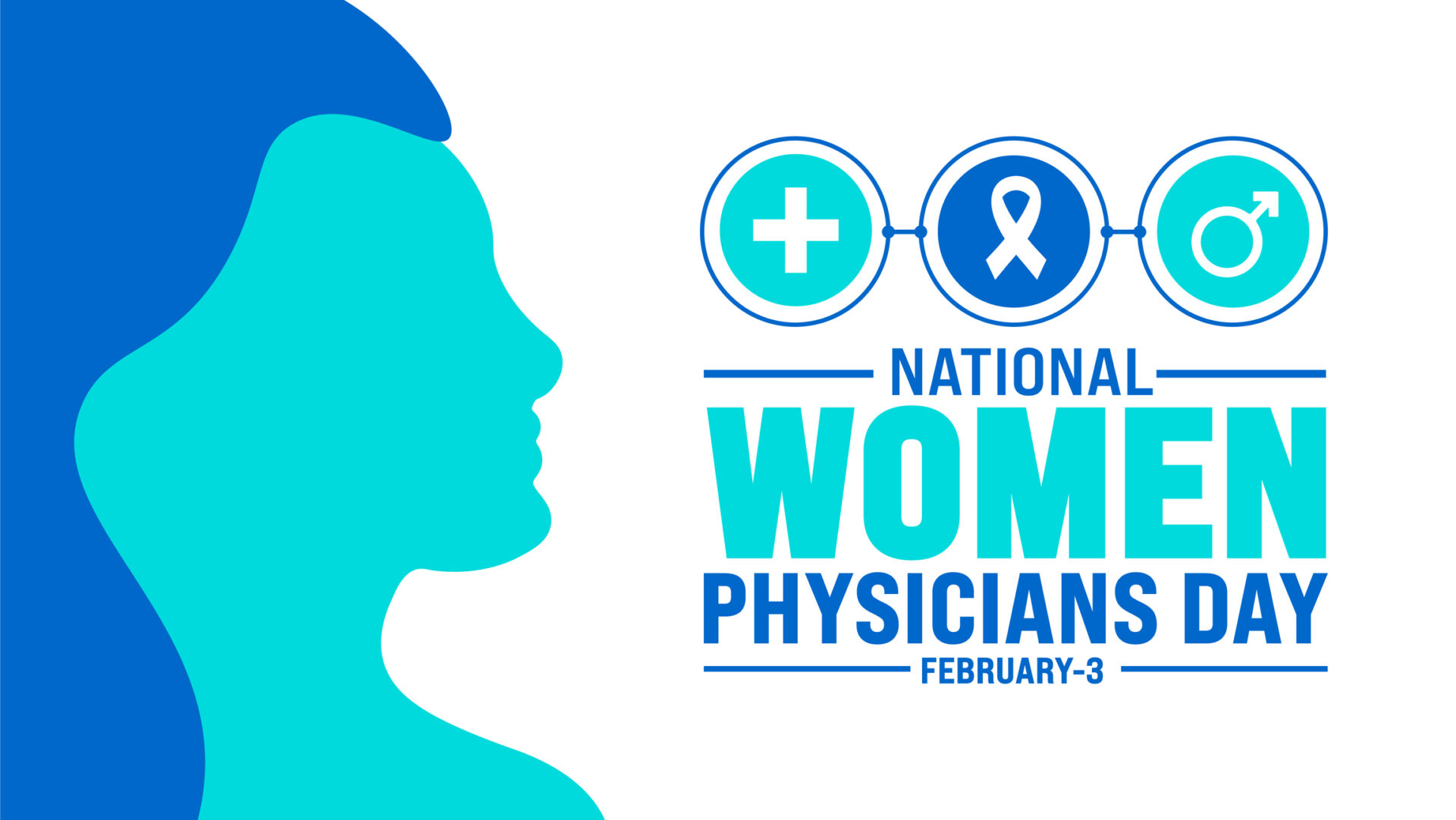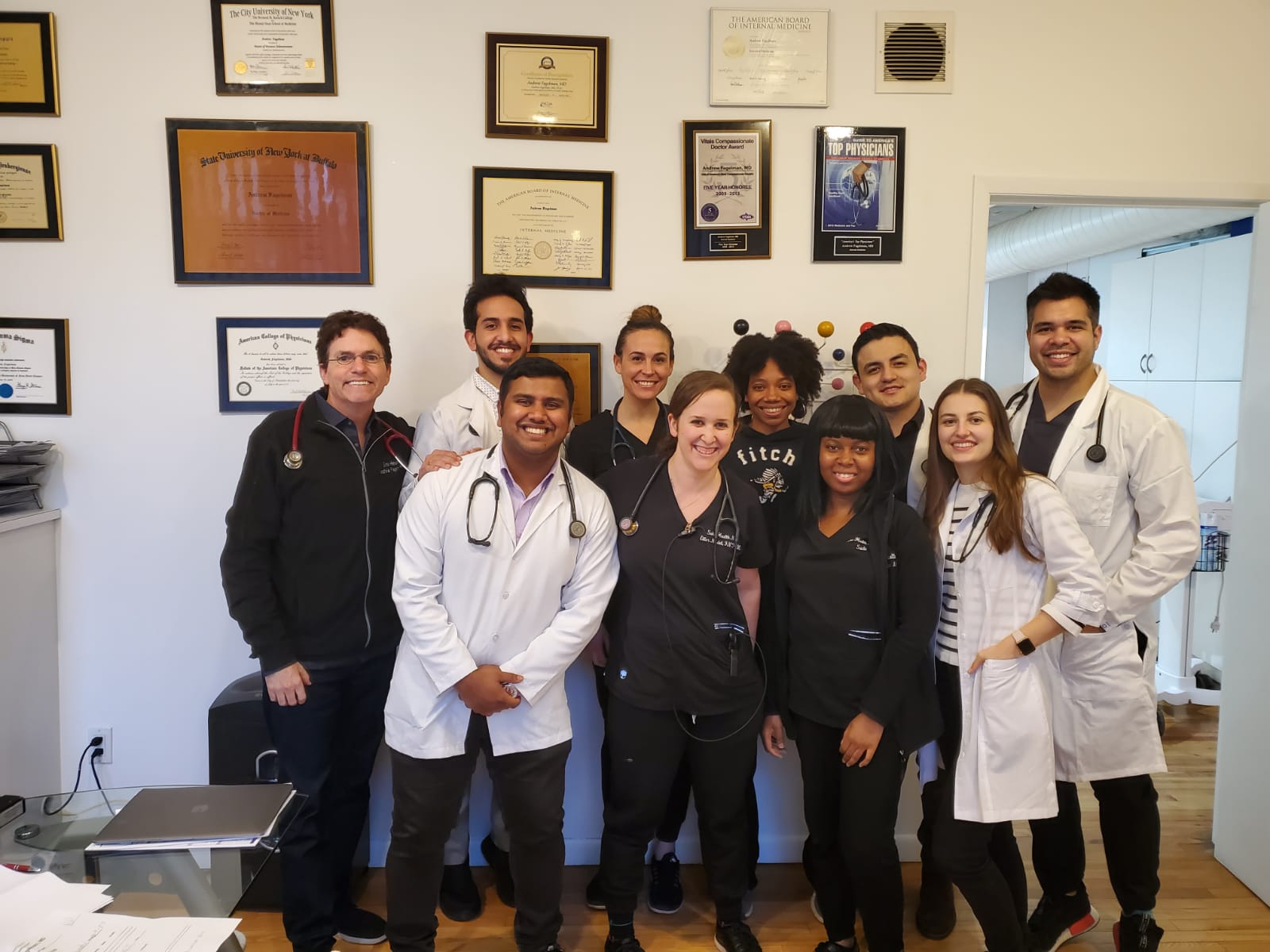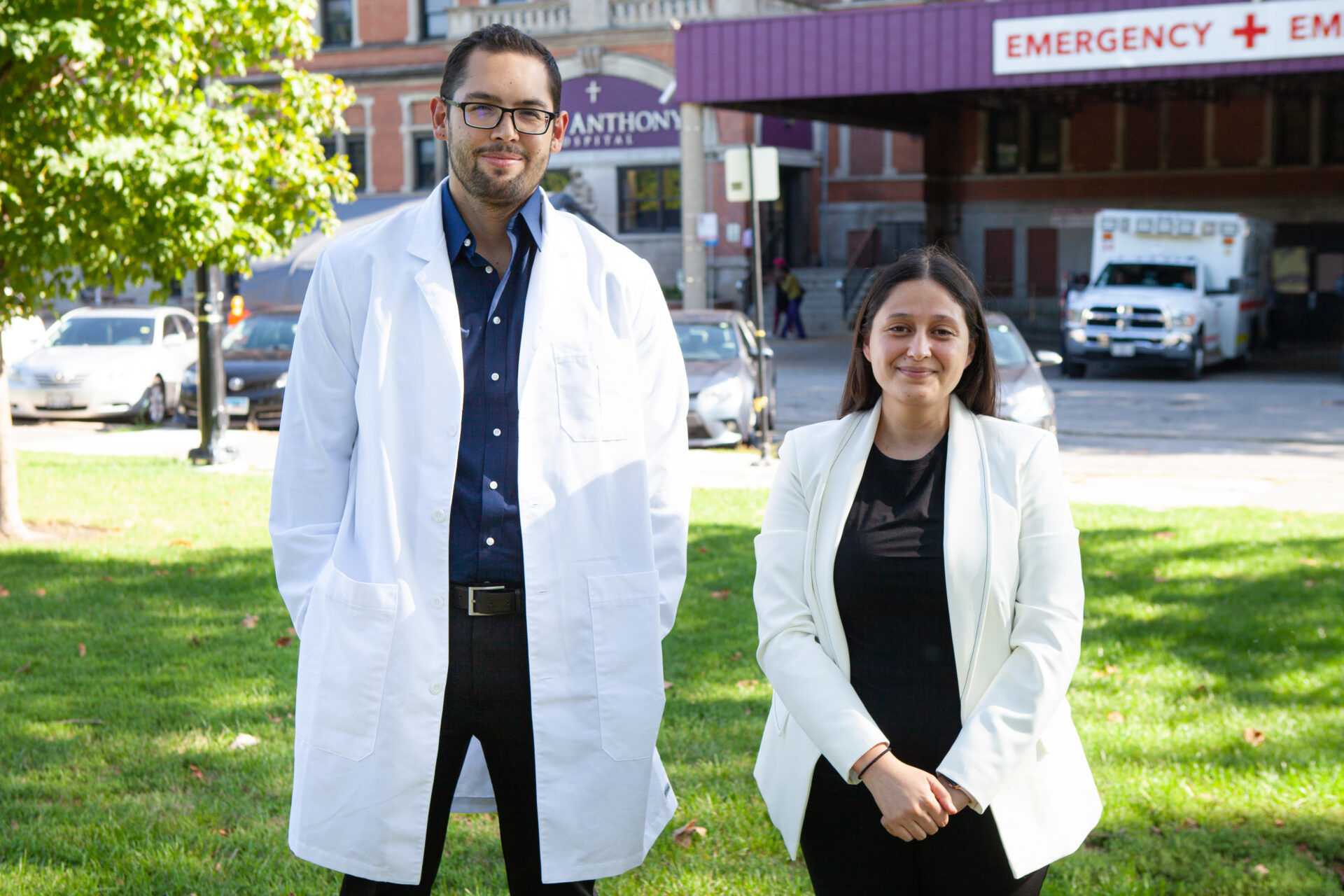Two decades ago hospital medicine was practically nonexistent. In fact, it wasn’t until 2005 that the term “hospitalist” was finally included in the Merriam Webster Dictionary. The position, which focuses on getting hospital bound patients ready for lives outside the revolving doors, requires a pool of diverse, but general, knowledge. Some hospitalists cater to a certain patient niche. An example could be a hospitalist who works with cancer patients. Other move from group to group and enjoy working with a wide variety of patients.
An Area of Discovery
Hospital medicine is popular area of study for medical students who are undecided on a specialization. Doing rounds with a hospitalist allows them to see into various specialties while getting a hands-on experience with patient interaction. It is this constant interaction with patients that many hospitalists find the most rewarding aspect of the position. That being said, hospitalists often play a pivotal role, educating medical graduates and treating patients. Hospitalists help streamline the recovery stay of patients which include determining the length of the stay, the aspects of recovery, and the actual care of the patient during that time. In addition to caring for patients many hospitalists are in charge of communicating with patient family members on subjects such as the course of care and the state of the patient.
Leading in the Lab
All hospitalists do not however care for patients, a large portion of hospitalists find themselves in research based positions. Many hospitalists hold internal medicine specialties making them capable of examining lab tests, x-rays and drawing conclusive patterns. Because many hospitalists are educators as well, their research if often done in part with medical graduates.Although general in nature, hospitalists help fill important gaps in hospitals and are the main point of contact for doctors, family members, and patients. Their flexibility and retainer of knowledge make them good educators and researchers responsible for some of today’s more important medical finds such as reducing hypoglycemia, and perfecting discharge practices. To learn more about this all-encompassing role click here.
Are you interested in finding out what medical specialty is the right fit for you? AMO provides clinical rotations in 40+ medical specialties and sub specialties. Click here to apply for an experience that could help determine your career path.
Want to know more about how rotations with AMO work? Find out more on our post ‘How to Secure a Rotation with AMO.‘







Leave A Comment